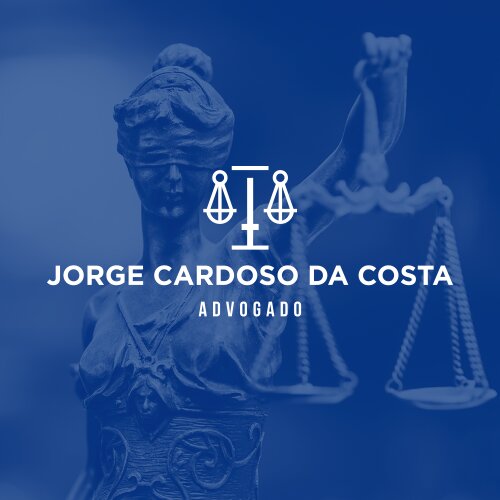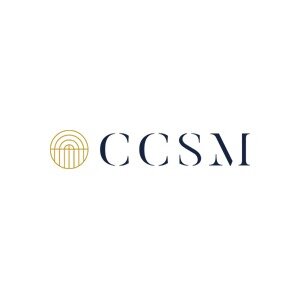Best Elder Abuse Law Lawyers in Portugal
Share your needs with us, get contacted by law firms.
Free. Takes 2 min.
Or refine your search by selecting a city:
List of the best lawyers in Portugal
About Elder Abuse Law in Portugal
Elder Abuse Law in Portugal is designed to protect older individuals from mistreatment, whether physical, emotional, financial, or neglect. This legal framework addresses the rights of the elderly and seeks to ensure their dignity, safety, and well-being. The government has implemented specific measures to tackle elder abuse, recognizing it as a serious violation of human rights. These laws are part of a broader agenda to ensure a high quality of life for all citizens, particularly vulnerable populations such as the elderly.
Why You May Need a Lawyer
Elder abuse can manifest in various forms, including physical harm, psychological abuse, financial exploitation, and neglect. Individuals seeking to protect themselves or a loved one may require legal assistance under several circumstances, including:
- Suspected or confirmed cases of physical or psychological abuse by caregivers or family members.
- Instances of financial exploitation, such as unauthorized transactions or misuse of funds.
- Cases involving neglect, where the elderly person is not receiving necessary care or support.
- Legal disputes related to guardianship, power of attorney, or inheritance.
- Requiring protection orders against abusers.
Local Laws Overview
Portugal has enacted several laws pertinent to elder abuse, embedded within the general framework of human rights protection. Key aspects of these laws include:
- The Portuguese Constitution, which guarantees fundamental rights and protections to all citizens irrespective of age.
- Criminal code provisions that address various forms of abuse and exploitation against vulnerable individuals, including strict penalties for perpetrators.
- Social Security and welfare legislation that provides support for the protection and care of elderly citizens.
- Regulations governing the roles and responsibilities of caretakers and family members.
- Jurisdictional procedures for reporting and addressing elder abuse cases, ensuring privacy and protection for victims.
Frequently Asked Questions
What exactly constitutes elder abuse?
Elder abuse can include physical harm, emotional or psychological abuse, financial exploitation, and neglect. It refers to any action or lack of action that results in harm or distress to an older person.
How can I report elder abuse in Portugal?
You can report elder abuse to local social services, law enforcement authorities, or through a legal practitioner. Additionally, public helplines may assist in guiding you on the necessary steps.
What rights do elderly individuals have in Portugal?
Elderly individuals in Portugal have the right to live safely, free from abuse and neglect, access to necessary healthcare and support services, and the ability to make decisions regarding their personal and financial matters.
Are there specific penalties for elder abuse in Portugal?
Yes, the Portuguese criminal code includes provisions for penalizing individuals who commit acts of abuse against elder citizens. Penalties may include fines, imprisonment, and other legal repercussions.
Can family members be prosecuted for elder abuse?
Yes, family members can be held accountable under the law for acts that constitute abuse against elder relatives.
What is financial exploitation in the context of elder abuse?
Financial exploitation involves unauthorized use or theft of an elderly person's funds, property, or assets, often through coercion or manipulation.
What immediate steps should be taken if elder abuse is suspected?
If elder abuse is suspected, immediately report it to the necessary authorities, ensure the victim's safety, and consult with a legal professional for guidance on protective measures.
Can elder abuse laws protect against neglect?
Yes, elder abuse laws in Portugal include provisions to address neglect, ensuring that elderly individuals receive necessary care and support to maintain their well-being.
Is there any confidentiality when reporting elder abuse?
Yes, confidentiality is typically maintained during the reporting and investigation process to protect the victim’s privacy and encourage reporting.
What role do legal professionals play in combating elder abuse?
Legal professionals can offer advice on rights and protections, assist in reporting abuse, represent victims in court, and help to secure protective orders and resolve disputes.
Additional Resources
For those seeking more information or assistance related to elder abuse, the following resources may be helpful:
- Instituto de Segurança Social (ISS): This governmental body provides social support and can be a key resource in cases of elder abuse.
- Portuguese Bar Association: They offer guidance on finding legal experts specialized in elder abuse law.
- Local Advocacy Groups: Non-profit organizations focused on elder rights and protection from abuse can provide support and information.
Next Steps
If you believe you or someone you know is affected by elder abuse, the following steps are recommended:
- Identify the Issue: Determine the nature and extent of the abuse or neglect.
- Seek Legal Counsel: Engage with a lawyer specialized in elder law to understand your rights and possible courses of action.
- Report the Abuse: Contact local authorities or social services to report and address the abuse.
- Ensure Safety: Take immediate steps to protect the well-being of the affected individual, including applying for protective orders if necessary.
- Access Support Services: Utilize resources available from social services, community programs, and advocacy organizations to obtain additional support.
Lawzana helps you find the best lawyers and law firms in Portugal through a curated and pre-screened list of qualified legal professionals. Our platform offers rankings and detailed profiles of attorneys and law firms, allowing you to compare based on practice areas, including Elder Abuse Law, experience, and client feedback.
Each profile includes a description of the firm's areas of practice, client reviews, team members and partners, year of establishment, spoken languages, office locations, contact information, social media presence, and any published articles or resources. Most firms on our platform speak English and are experienced in both local and international legal matters.
Get a quote from top-rated law firms in Portugal — quickly, securely, and without unnecessary hassle.
Disclaimer:
The information provided on this page is for general informational purposes only and does not constitute legal advice. While we strive to ensure the accuracy and relevance of the content, legal information may change over time, and interpretations of the law can vary. You should always consult with a qualified legal professional for advice specific to your situation.
We disclaim all liability for actions taken or not taken based on the content of this page. If you believe any information is incorrect or outdated, please contact us, and we will review and update it where appropriate.
Browse elder abuse law law firms by city in Portugal
Refine your search by selecting a city.
















